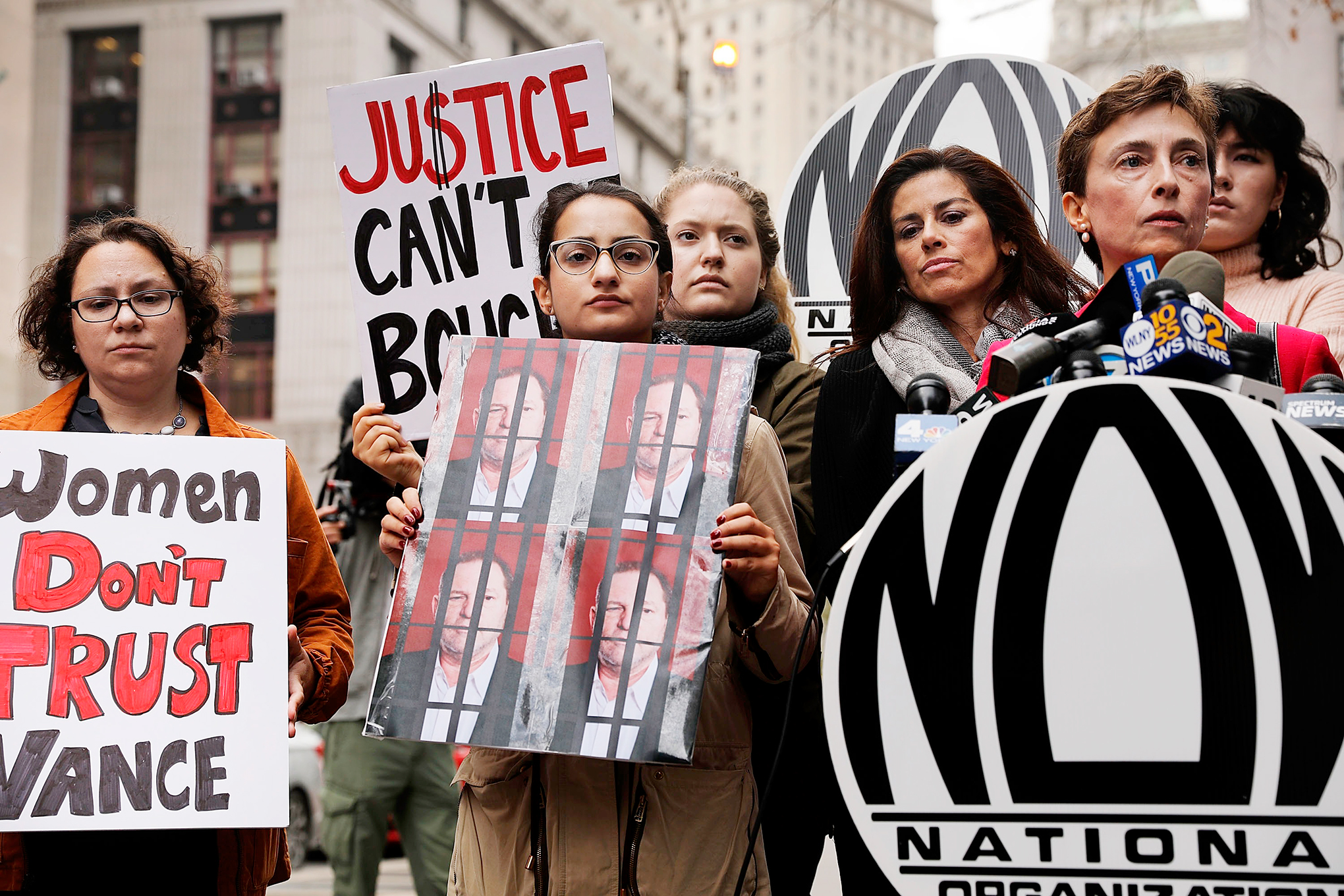
A lot of men are asking themselves if they have ever done something that a woman somewhere is tweeting about with the #MeToo hashtag in response to the question, Have you ever been harassed or assaulted? It all began with the horrific accusations against producer Harvey Weinstein over the past month. Since then, the ugliness has swamped our consciousness. It seems to be everywhere, like rot in the walls. Women are walking around feeling less alone, yet they are scared and sickened by the magnitude of the problem. How will we move forward?
The hope is that this catharsis will prompt men and institutions to acknowledge and change their behavior when it comes to the harassment of anyone. I’m sure that some men recognize their own behavior in those tweets. Maybe they’re ashamed of their actions or their complicity. Maybe they have learned something about what women go through. Of course, there are those deeply narcissistic, powerful men like Weinstein who can’t imagine that a woman doesn’t want them. Or they don’t care because they’ve gotten used to a life where no one says no without swift and cruel retaliation. (Hell hath no fury like a rejected bully.)
But a lot of men really aren’t sure if they’ve crossed a line. Male friends tell me they’ve been sifting through memories, thinking, I’m no monster like Weinstein, but what about that time I complimented a woman on her hair–was that creepy?
To answer that question, women are posting lists of things men shouldn’t do or say. They advise men to think of women as … people. Or that if men are distracted by a woman’s womanness, they should just think of her as the Rock, as Anne Victoria Clark wrote. Another list, “57 Things I Need You to Stop Doing to the Women You Work With,” includes not commenting on a woman’s appearance, ever, and not grabbing her butt.
But here’s the problem: we are lumping sexual assault in with “I like your jacket.” Part of being treated like a person at work is being treated as a friend, perhaps for a lifetime. And friends talk about their lives outside of work, their kids or their cancer treatment, because we are human first. There’s no fixed line between friendship and creepy. And what about the many people who date, marry and break up with colleagues? Then the line between icky and romantic gets really blurry. Think of John Cusack’s character standing outside his ex’s bedroom with a boom box in the movie Say Anything. Read one way, it’s the start of a marriage; in another way, he’s a stalker. We’ve been raised on romances in which the guy “just wouldn’t give up until she said yes,” that she would go out with him or marry him.
Clearly, we have a lot of cultural baggage. So as helpful as a list of don’ts might be, it’s not enough. I think men need to hear it from women directly. Is it possible for men to ask women if they’ve done something to make them uncomfortable or scared? And if they did, would we answer no when we meant yes so as not to offend? I’m not sure. But maybe more honesty is something we can salvage from this awful swamp. It’d be a start anyway.
Schrobsdorff is a TIME columnist and chief of strategic partnerships
More Must-Reads from TIME
- Cybersecurity Experts Are Sounding the Alarm on DOGE
- Meet the 2025 Women of the Year
- The Harsh Truth About Disability Inclusion
- Why Do More Young Adults Have Cancer?
- Colman Domingo Leads With Radical Love
- How to Get Better at Doing Things Alone
- Michelle Zauner Stares Down the Darkness
Contact us at letters@time.com